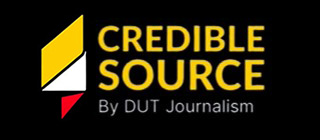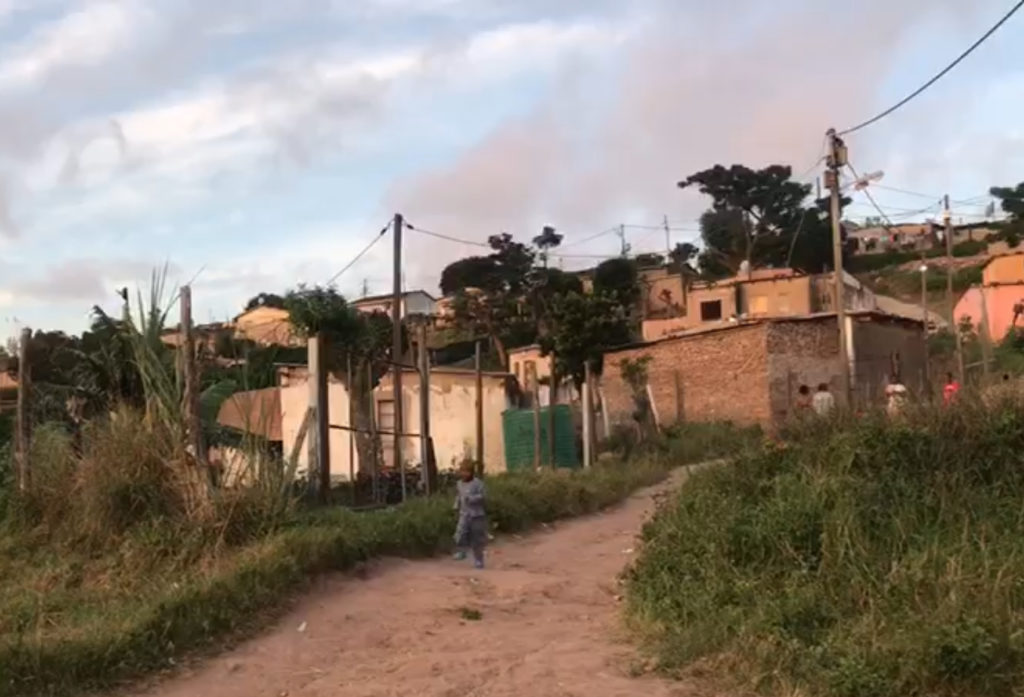By Enzokuhle Sabela & Nqobile Mzobe
On the 27th of April, South Africans celebrated Freedom Day, which commemorates the first democratic elections held on the day in 1994. On Saturday, Freedom Day was observed with 30 Years of Democracy events that included speeches by the president, singing by new and old musicians and even the Metro FM Music Awards in Mpumalanga.
Delivering his Freedom Day speech at the Union Buildings in Pretoria on Saturday, President Cyril Ramaphosa mentioned that the legacy of apartheid has led to today’s huge inequalities. “There are still many families that go hungry. There is a huge divide between the rich and the poor in our country. We see this divide in access to healthcare, in access to safe transport and proximity to services and work opportunities,” said Ramaphosa.
While to many who were born after 1994, public holidays with historic and significant meanings in South Africa have been reduced to mere time off work, school and university – 27 April should serve as a reminder of the huge sacrifices made by those who came before us as they endured hardships under apartheid with many blocked from access to electricity, piped water, tarred roads in their areas and even ownership of land and houses. After 6pm, no black person was allowed on the streets of urban areas and black people had to carry pass books at all times – similar to a passport in the country of their ancestors. Many of those who spoke out or protested died in the manner Steve Biko did or how police fired gunshots in Sharpeville leading to what is called the Sharpeville Massacre today to even how school children were killed in a protest march in Soweto in 1976.
Political commentator. Thobani Zikalala says Freedom Day means triumph over years of disenfranchisement and the denial of civil rights. He says South Africans should always remember that the period between 1990 and 1994 is tarnished by violence and political unrest that threatened to derail peace negotiations. “For many, 27 April 1994 represented hope, a chance to be heard and a chance to make a positive difference in their homeland for the first time.”
But with the prominent levels of unemployment, crime, and violence, are South Africans free? Zikalala responds by saying both yes and no. “While the country has been free for 30 years, there are still issues of inequality and colonial domination, poverty, unemployment as well as social challenges we still face,” he continues.
Some of the issues that most black South Africans endured under apartheid still plague many today.
“The water is very problematic. Everything here is just difficult,” reiterated an elderly man.
This is something that we repeatedly heard from many that we spoke to in the area.
While great strides have been made since 1994 as South Africa has just overtaken Nigeria and Egypt to be the biggest economy in Africa, many feel that more should have been done.
Political analyst, Thobani Zikalala, believes that Freedom Day should not just be ‘braais and vibes’ as many people tend to spend their time at grilling meat with family or public parks with friends on just about every public holidays.
“It should be a day where we critically reflect on the road we have travelled and the road we still have to travel, it must be a day where we critically reflect on the challenges we still face and how far we have gone in solving them,” explains Zikalala.
“It reminds me of our country’s history that we barely learn about, how even the oppressive system is still with us,” said one DUT student.
“It’s overrated in my opinion because what are we celebrating as we have not gone the distance we were meant to go,” another DUT student said.
Speaking on the progression of South Africa democracy over the past 30 years, Stellenbosch University student, Nkululeko Ndlovu says, “We have significant progress in terms of dialogue; free speech, open criticism of the government are more common and that is good for the development of our constitution.”
Ndlovu believes we need to have more open discussions about critical issues in the country.


